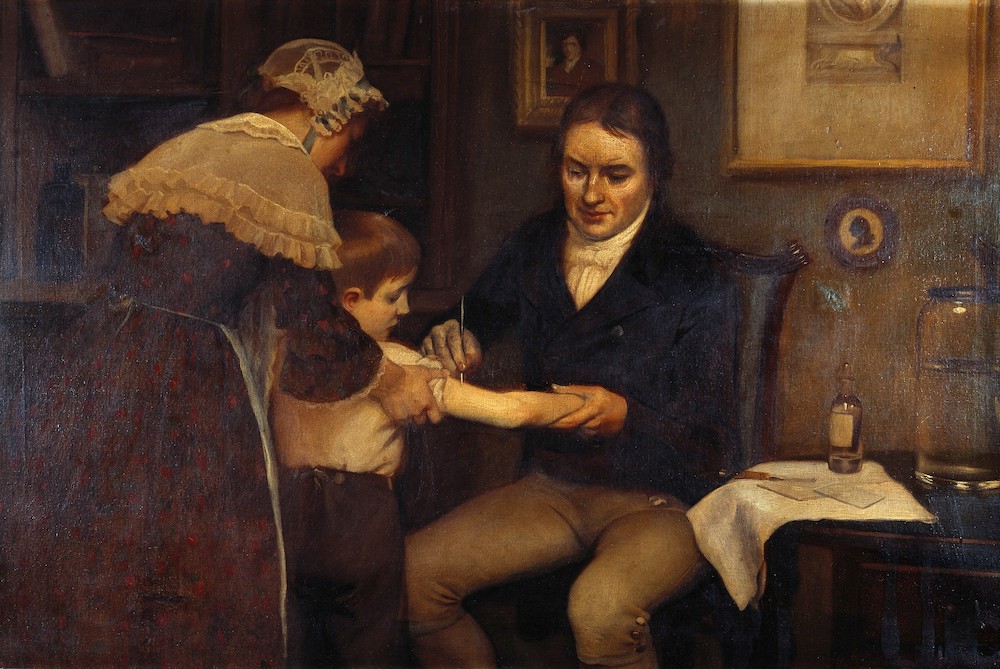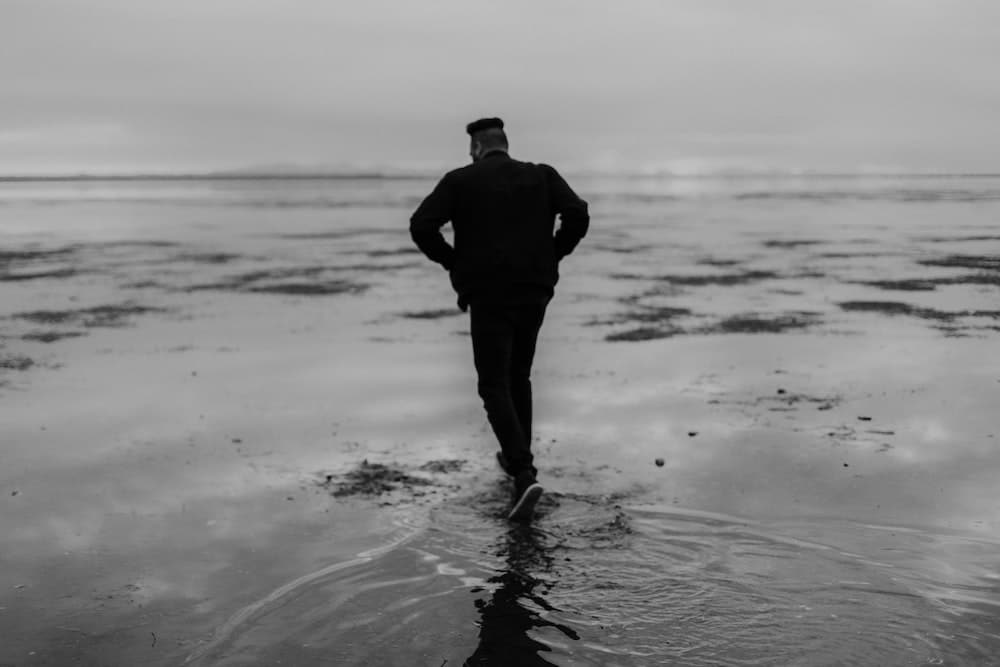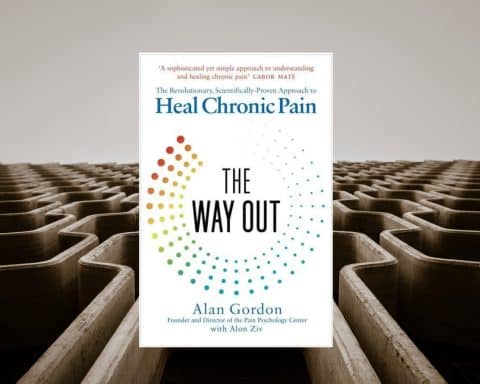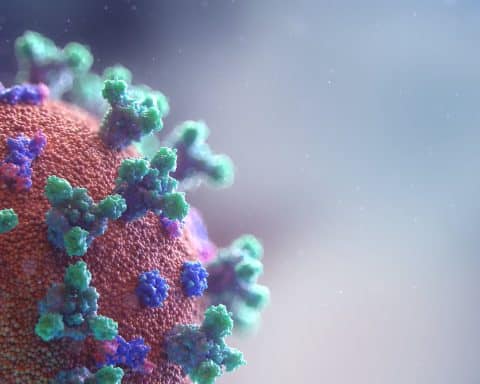 Samar Razaq is a GP partner in Burnham.
Samar Razaq is a GP partner in Burnham.
“The greatest confidence may be expressed in the intelligence and enthusiasm of the doctors of this country who will surely find a method of cure” (Sunderland Herald, October 1831)
This optimistic declaration was made by a journalist of a local newspaper just as the UK was on the verge of an epidemic of Asiatic cholera. The gaze of a nation lifted towards the doctors and scientists of their time in the hope that the impending disaster could be averted. As the country is gripped by fear of a new pandemic it places doctors and other healthcare workers once again in the spotlight. There is understandable fear amongst the public about the nature of the current pandemic and how it may affect them.
Consternation has been exacerbated by news of huge numbers of healthcare workers falling ill with tragic consequences in some.
As the famous American polymath Carl Sagan put it, “you have to know the past to understand the present”. We stand on the shoulders of people who took many risks to provide us with the information and techniques which we rely on as we go to work every day. A Dorset farmer Benjamin Jesty, a few decades before the more well known Edward Jenner, rubbed matter from cowpox pustules onto the arms of his wife and children to protect them from smallpox. Jenner, famously, carried out the more formal inoculation on the son of his gardener and then later his own child which eventually led to the eradication of smallpox from the world.
The American virologist Jonas Salk tested his polio vaccine on himself and his family, which, after a few setbacks, led to the plummeting of polio cases in the United States. The Italian physician and zoologist Giovanni Battista Grassi took his sense of duty to new heights as he infected himself with the eggs of the giant roundworm Ascaris lumbricoides. He later discovered its eggs in his faeces thus helping elucidate the lifecycle of the worms.
Scientists such as Vincent Zigas and Daniel Carleton Gajdusek spent months trekking through the remote regions of Papua New Guinea, observing and documenting cases of kuru, a rare spongioform encephalopathy, amongst the Fore people. Their work not only led to the discovery of ritualistic cannibalism being the cause of transmission of the laughing death, but also contributed towards elusive prions being identified as a causative agent of disease.
Marie Curie, who died from leukaemia, was just one of the early radiographers who died as a result of excessive exposure to radiation. These are just a few examples from amongst the annals of medical history where self-regard and preservation were disregarded for the benefit of others. Recklessness is not, however, to be the desired default and an excuse for government inaction. It would be prudent not to follow the brash actions of Max von Pettenkofer. A German hygienist, Pettenkofer was a contemporary of the more renowned Robert Koch.
The optimism of the young journalist of the Sunderland Herald, and undoubtedly countless others, was misplaced.
The optimism of the young journalist of the Sunderland Herald, and undoubtedly countless others, was misplaced. Within a few months of the article, cholera had swept through Sunderland and the rest of Europe and eventually into North America creating mass panic, death and misery. Despite the best efforts of doctors and scientists a cure was not found. However, they did their best with what they could and probably saved countless lives. So, as was in the past, and will be in the future, new names will come to the fore, selfless men and women putting themselves in harm’s way as they forge the path for those to come, to follow.
Featured image: Wellcome Collection.








